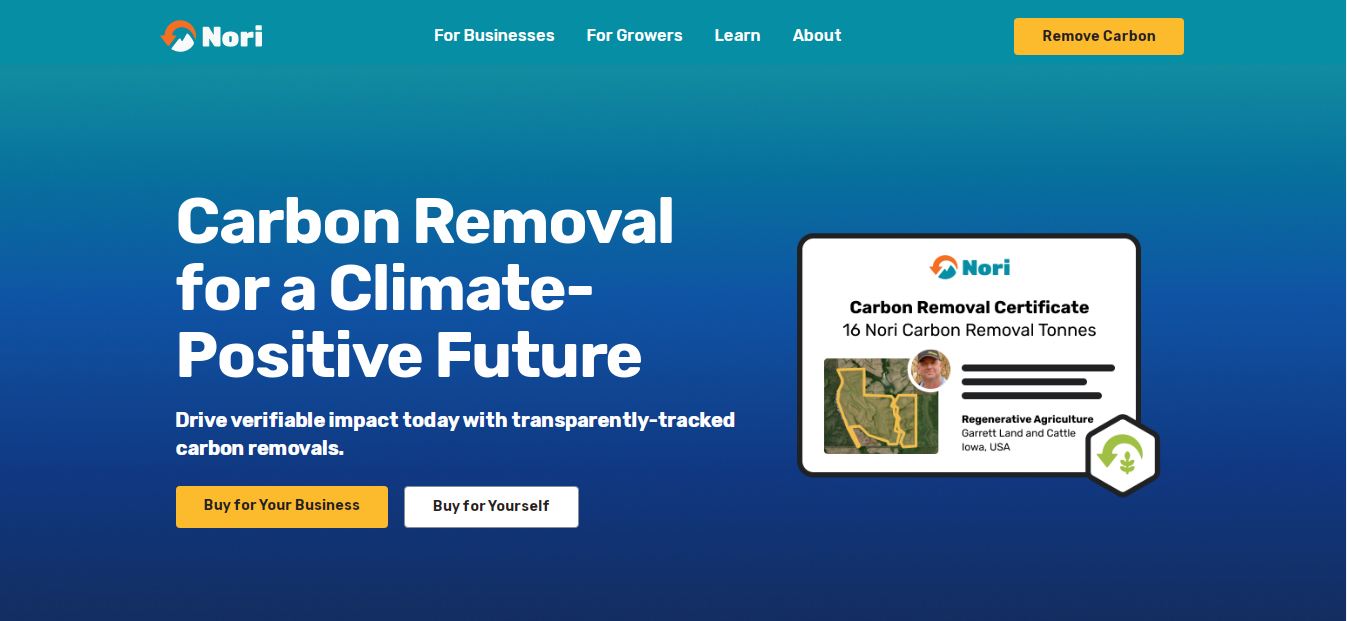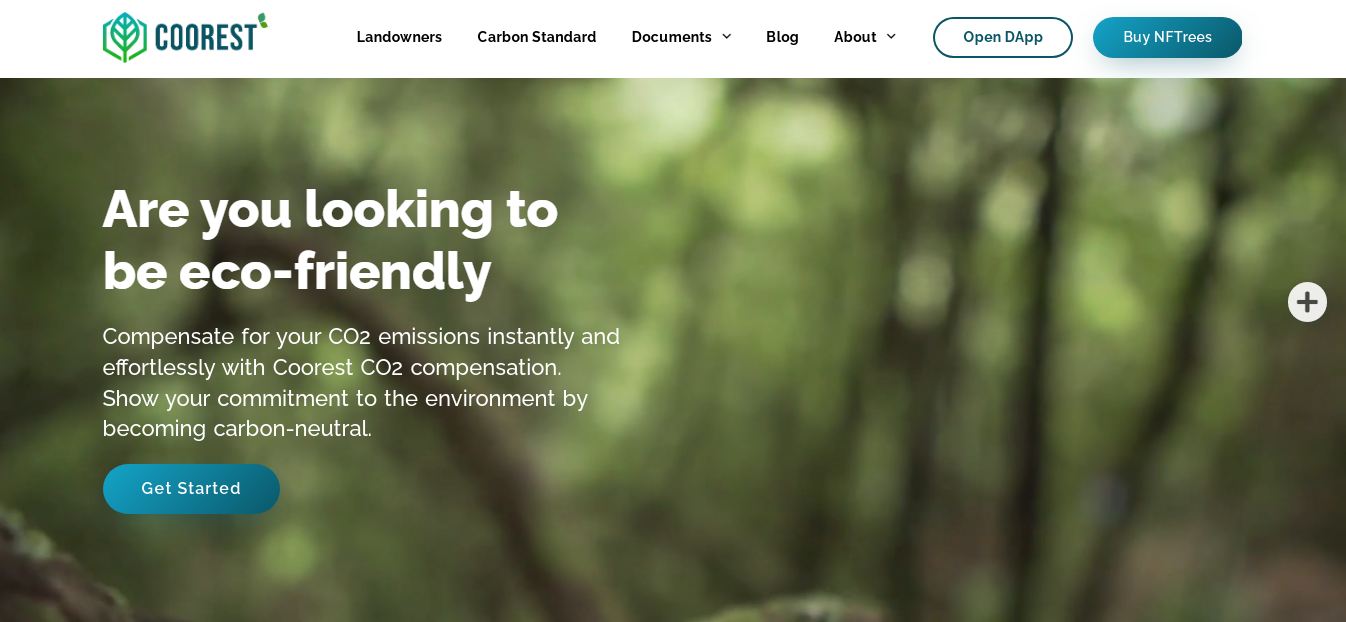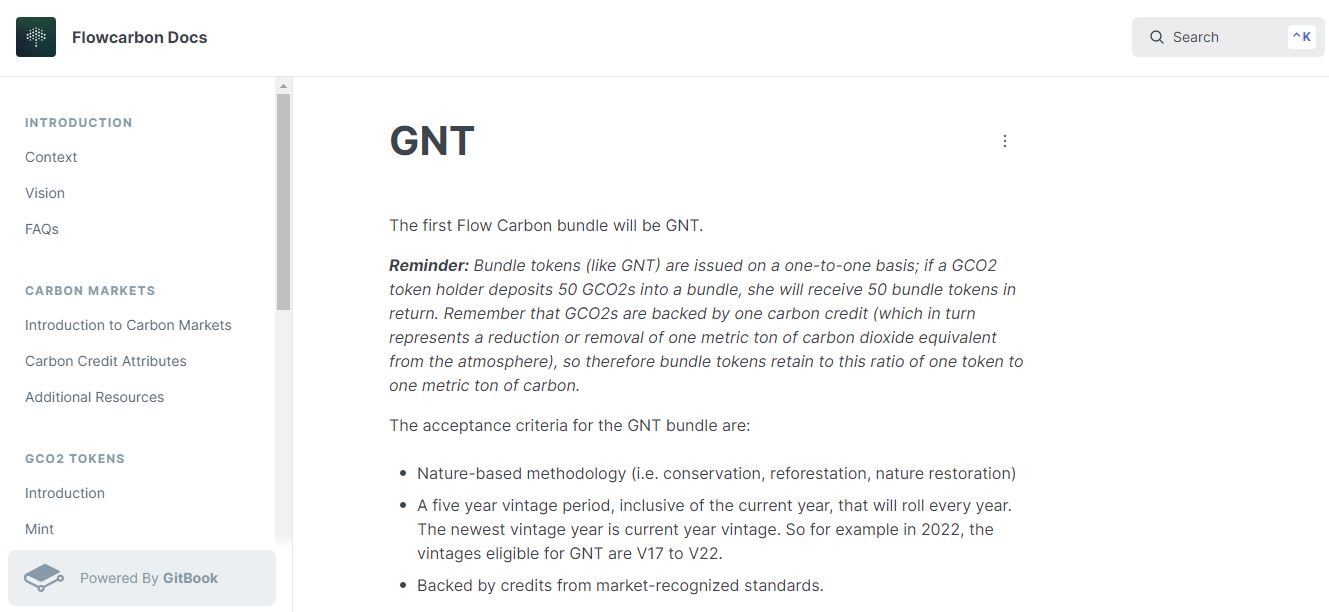The Toucan Protocol leverages blockchain and smart contract capabilities to establish a foundation for tokenizing carbon offsets. This not only simplifies trading but also broadens the use cases of carbon offsets. Dive deeper into the tokenization methods and carbon pooling process of the Toucan Protocol in the linked article. The culmination of these methods is the Base Carbon Tonne (NCT).
Token Specifications
The standards set for BCT tokens are more flexible than other NCT tokens under the Toucan Protocol.
- Tokens are only issued via the Verified Carbon Standard Program.
- They strictly adhere to VCS methodologies.
- Only vintages from 2008 onwards are accepted.
BCT Distribution and Applications
BCT tokens made their debut in January 2022.
21,986,234 TCO2 tokens found their way to the BCT carbon pool, with 3,435,784 BCT being redeemed. There are currently 18 550 449 BCT tokens in circulation.


Deposits of TCO2 into the BCT Carbon Pool were active until May 2022. Post this, the redemption phase was initiated. A minimal fraction, less than 1% (173,662 tokens), of BCT was retired via the KlimaDAO retirement aggregator tool.
BCT was widely used as collateral for Klima in KlimaDAO during the bonding process. This option is no longer available.
BCT Price
There’s been a noticeable decrease in the value of BCT.

BCT tokens can now be acquired on platforms such as the RegenNetwork and Klima DAO, or through decentralized exchanges like Sushiswap and Osmosis.
In light of a recent pronouncement by Verra, the Toucan Protocol hasy ceased issuing TCO2, which acts as the base for the BCT carbon pool. This announcement has simultaneously affected the perceived ecological worth of BCT.










